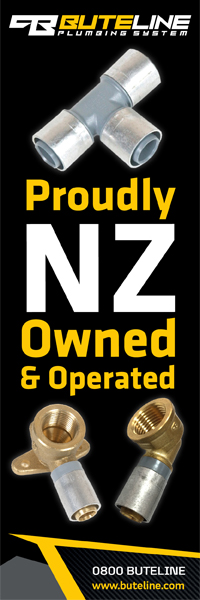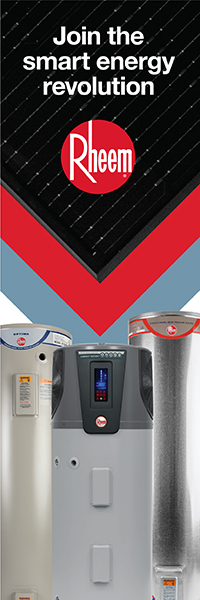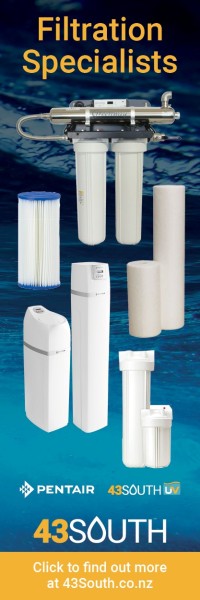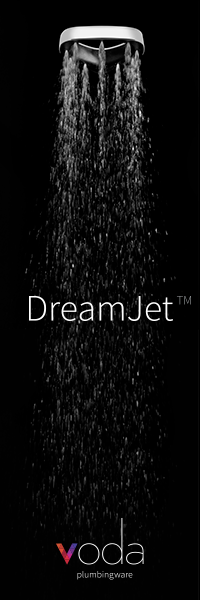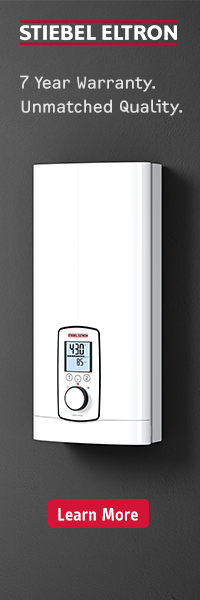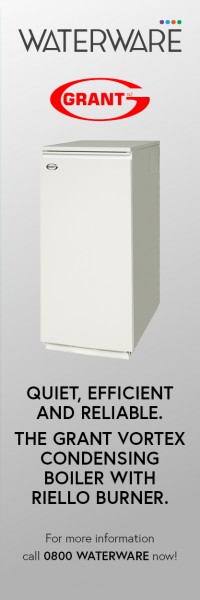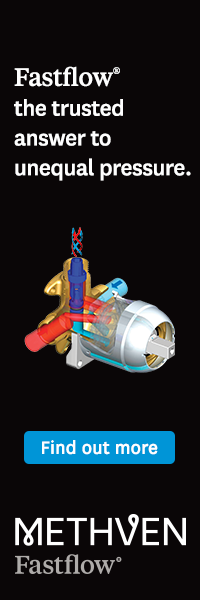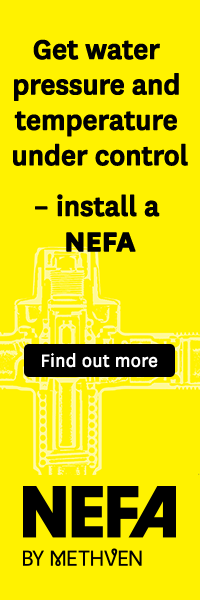Off to the bach this summer? Run your taps to avoid Legionnaires' disease
21 December 2020
Naturally occurring in lakes and streams, Legionella pneumophila bacteria can also grow and spread in artificial water systems, such as plumbing networks - particularly in pipes where water is sitting unused for long periods and in shower fittings.
People can contract Legionnaire’s disease by breathing in small droplets of water containing the bacteria.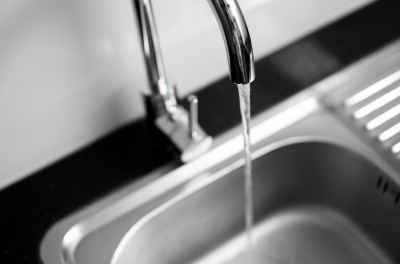
If you’re heading to a holiday home this Christmas, it’s recommended that you run the taps for at least five minutes before using them. This will flush out any water that has been sitting in the pipes since your last visit.
"There are simple steps homeowners can take to protect themselves against this bacteria, such as making sure their hot water heating systems are set to at least 60°C at the tank," says Master Plumbers chief executive Greg Wallace.
"If you have a shower in your home that isn’t used regularly, try and run it each week so you don’t have stagnant water sitting in pipes - that’s where Legionella bacteria loves to grow."
According to the Ministry of Health website, all ages can be affected by Legionnaires' but the disease mainly affects people over 50 years of age and generally men more than women.
Smokers or ex-smokers and people with a compromised immune system are at a higher risk.
Early symptoms can appear within 2 weeks of exposure and include flu-like symptoms such as fever, cough, shortness of breath and fatigue.
Master Plumbers believes appropriate measures need to be put in place to detect and manage Legionella bacteria and advocates for water sample testing - especially in high-risk facilities such as retirement villages, childcare centres and hospitals.
"The best way for building owners to know if they have safe water is to have water samples regularly taken and tested by someone trained in doing so," says Greg.
"You don’t know you’ve got a problem until you start analysing water samples. Once you have that information, you’re better equipped to find the best way to address the issue."

